The volcano has spewed ash clouds as tall as 5.6km (3.48 miles) into the sky, authorities say.
Published On 19 Nov 2025
Indonesia’s Semeru volcano has erupted, unleashing fast-moving…

The volcano has spewed ash clouds as tall as 5.6km (3.48 miles) into the sky, authorities say.
Published On 19 Nov 2025
Indonesia’s Semeru volcano has erupted, unleashing fast-moving…
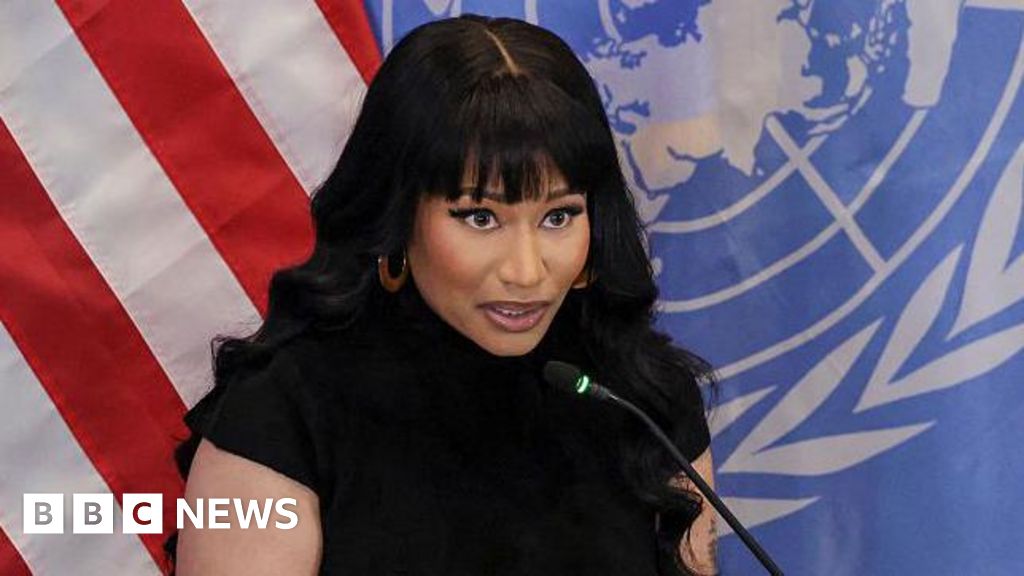
Wycliffe Muia and
Natasha Booty
 AFP via Getty Images
AFP via Getty ImagesAward-winning rapper Nicki Minaj has publicly backed President Donald Trump’s allegations that Christians face…
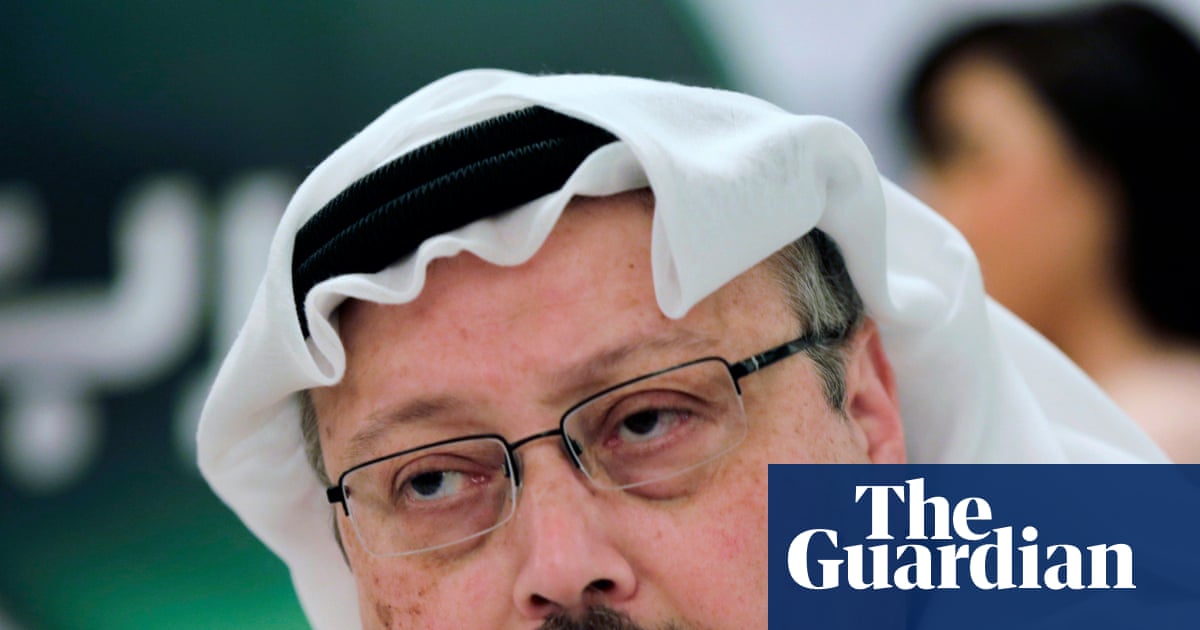
Donald Trump on Tuesday said that Mohammed bin Salman, the Saudi crown prince, had nothing to do with the murder of the Washington Post columnist Jamal Khashoggi, whose assassination in 2018 left the Saudi leader an international pariah.
But…
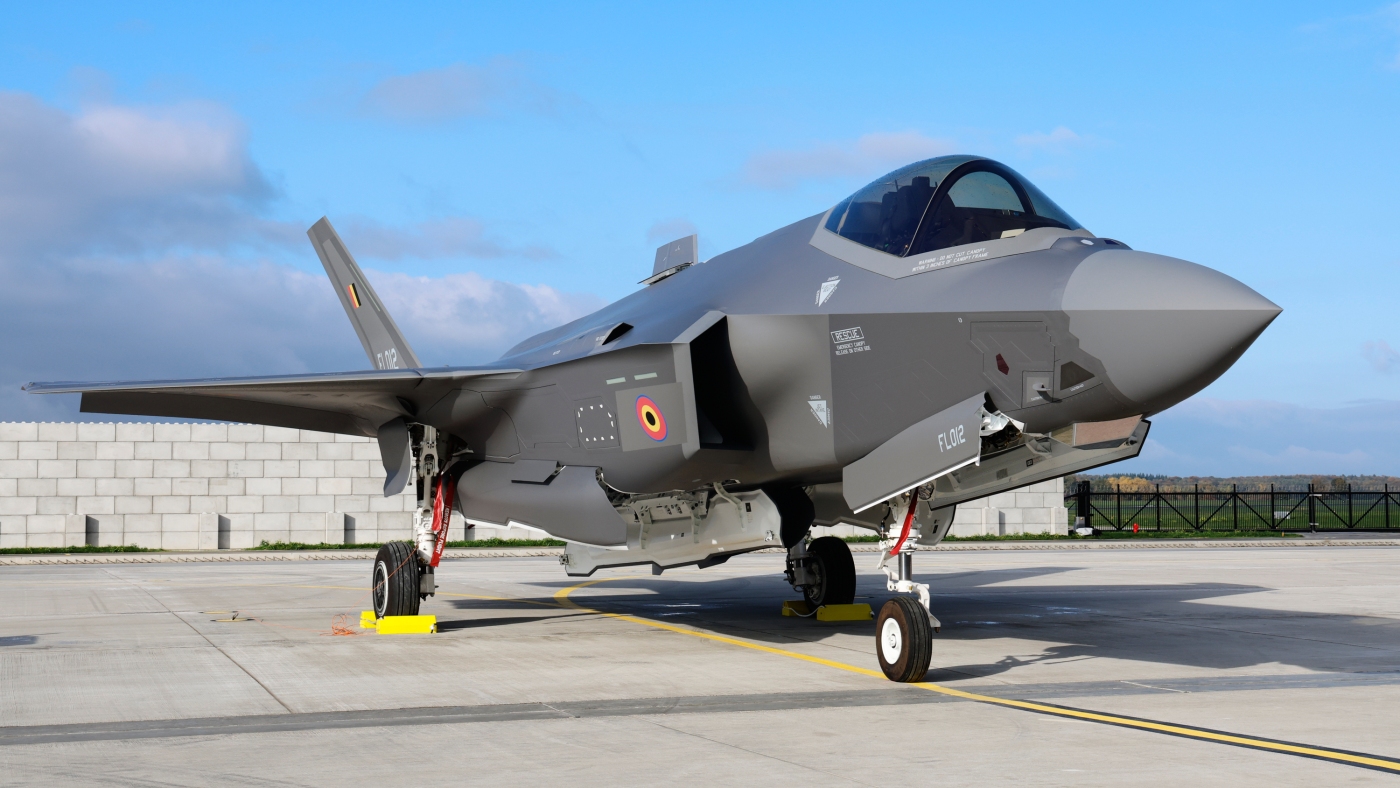
An F-35A Lightning II sits on the runway at the Florennes Airbase in Florennes, Belgium, Oct. 13, 2025.
…
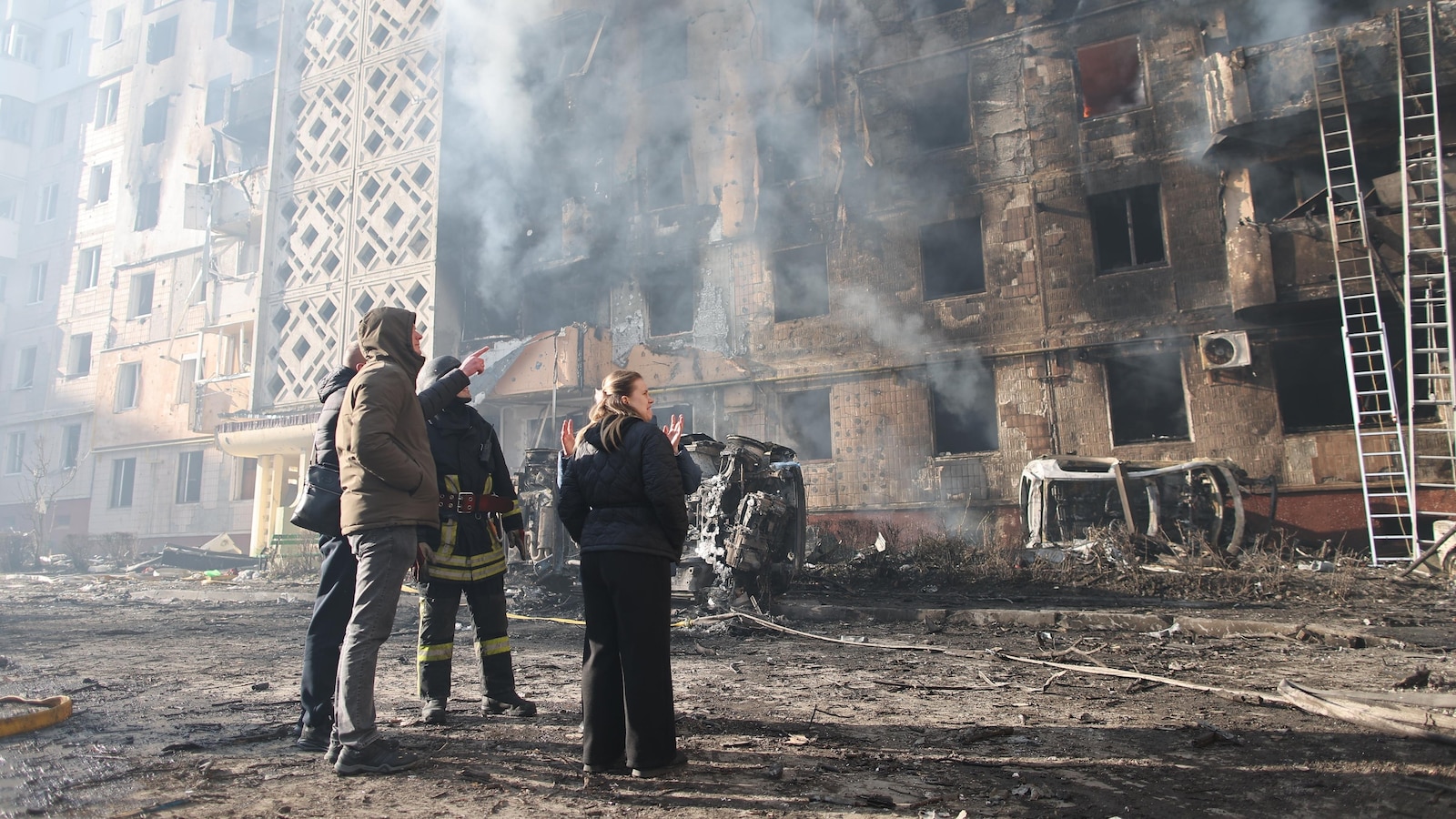
KYIV, Ukraine — A large Russian drone and missile barrage pummeled a western Ukrainian city, killing 19 people, emergency services said Wednesday, as Ukrainian President Volodymyr Zelenskyy arrived in Turkey for top-level talks to try to muster…
The Deputy Prime Minister/Foreign Minister, Senator Mohammad Ishaq Dar, met with Foreign Minister of the Russian Federation Mr. Sergey Lavrov on the sidelines of the SCO-Council of Heads of Government meeting in…
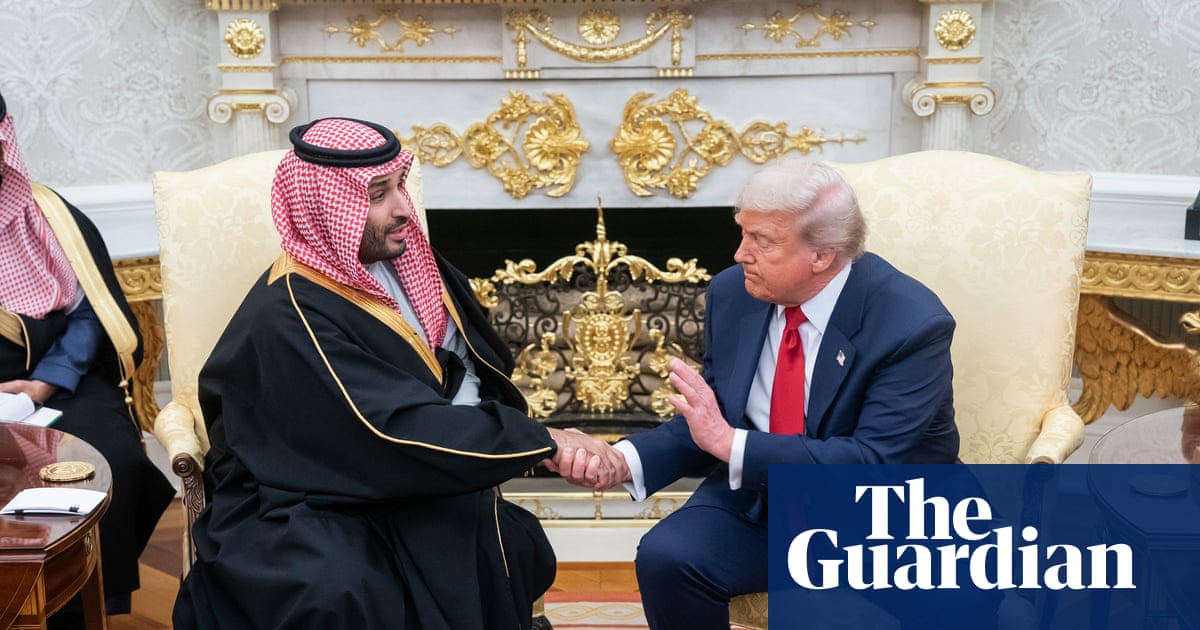
Morning everyone. As the long-awaited debate on releasing the Jeffrey Epstein files began in the US Congress, Donald Trump hosted Saudi Arabia’s crown prince Mohammed bin Salman in the Oval Office and defended his guest when questioned over the…